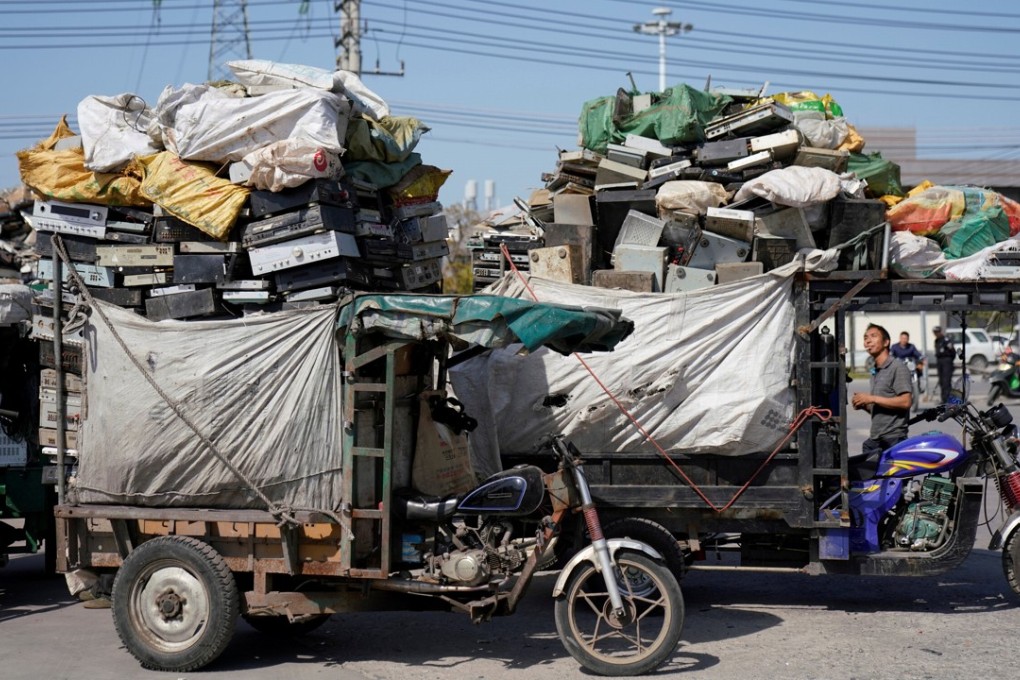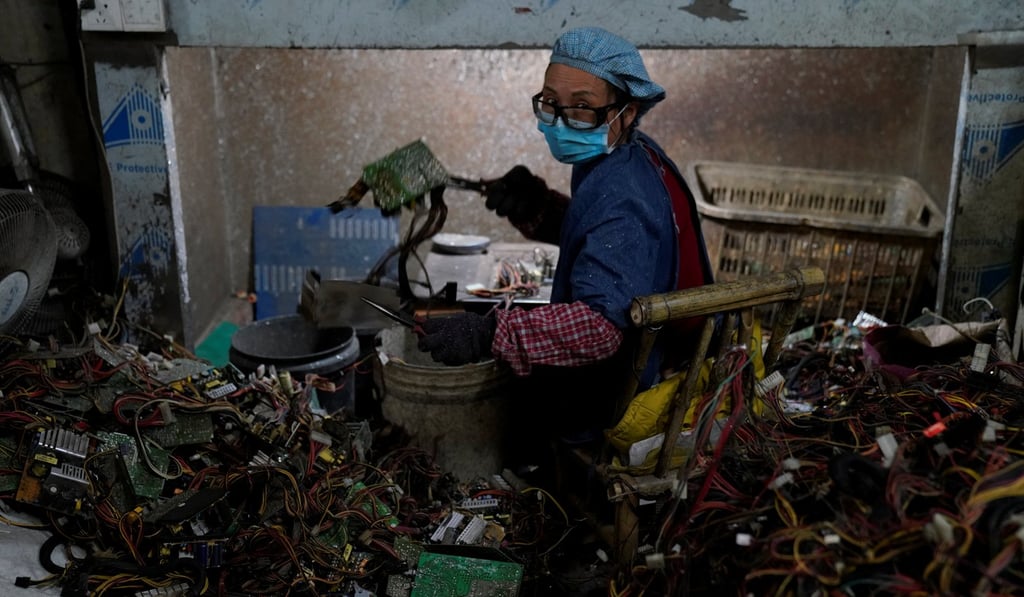
The United States asked China on Friday not to implement a ban on imports of scrap materials, after the world’s top scrap buyer abruptly shut the door to many types of waste, throwing the global recycling industry into turmoil.
China told the World Trade Organisation last July that it would stop accepting shipments of rubbish such as waste plastic and paper as part of a campaign against “foreign garbage”.
The US Institute of Scrap Recycling Industries said at the time that the ban would devastate an industry that supported 155,000 jobs and had exported scrap worth US$5.6 billion to China in 2016.
The United States raised concerns about the ban, and a subsequent revision of standards for a variety of scrap metals, at the WTO’s Council for Trade in Goods on Friday.
“China’s import restrictions on recycled commodities have caused a fundamental disruption in global supply chains for scrap materials, directing them away from productive reuse and towards disposal,” a US representative told the meeting, according to a trade official in Geneva.
